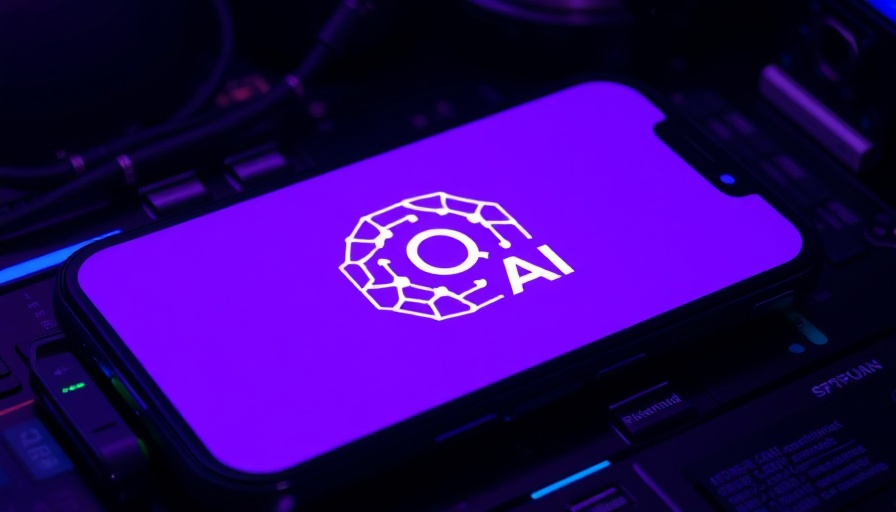
Pioneering Change: The Rise of AI Agents
Mickey Haslavsky, the visionary CEO of enso, expounds on a transformative shift in our digital landscape—OpenAI's new AI agents. With the power of automation, these agents intend to streamline everyday tasks, ushering in a new era of efficiency. Imagine not needing to specify the minute details for your next restaurant reservation; merely stating what you need will suffice. This innovative capability marks a significant enhancement in how we interact with technology, offering greater autonomy and ease.
Understanding AI Agents and Their Functionality
What exactly are AI agents? In essence, they are sophisticated digital assistants designed to perform tasks autonomously, leveraging advanced artificial intelligence systems. As explained by Haslavsky, an AI agent can navigate the complexities of booking flights by evaluating data from various airlines, analyzing price fluctuations, and presenting options, all without demanding manual input from the user. This advancement echoes sentiments across the tech industry, echoing conversations around how automation will redefine future work and productivity.
The Automation Evolution: A Seamless Experience
This evolution presents a significant shift in our relationship with technology. Historically, computers serve as tools to execute specific commands, but AI agents are changing that narrative, allowing for a more natural interaction. You can state your goal—"I need a flight from Tel Aviv to Berlin"—and the AI does the rest. With this ease, we are moving towards a future characterized by less manual complexity and more fluidity in managing our digital tasks.
Balancing Human Touch and Technological Efficiency
The increasing capabilities of AI agents raise important discussions about the role of humans in an AI-driven world. While AI enhances productivity, it cannot replace the unique traits human beings bring—empathy, intuition, and creativity. Haslavsky emphasizes that as we pivot towards automation, the human workforce will be essential, adapting to this new landscape. The balance of technology and human involvement will determine success in the evolving workplace.
Future Predictions: Workforce Transformation
As AI agents integrate into daily workflows, predictions about the future of work abound. It is expected that workplaces will harness these agents to streamline operations, significantly reducing task durations and increasing efficiency. The increasing use of AI solutions across sectors will not only improve productivity but also encourage a culture of innovation where humans focus on strategic tasks, leaving repetitive ones to automation. Companies that leverage AI agents effectively will likely gain a competitive edge in a rapidly changing economic landscape.
Potential Risks and Ethical Considerations
While the benefits of AI agents are promising, there are notable risks and ethical considerations that need to be addressed. As these agents handle more complex tasks, questions around data privacy, consent, and potential biases in decision-making algorithms become critical. Additionally, the potential for job displacement raises concerns about the workforce's protective measures against technological unemployment. Businesses and policymakers must engage in proactive discussions to mitigate these risks and shape a framework for ethical AI use.
Conclusion: Embracing the Future of Work
The evolution represented by AI agents signals an exciting future for work and productivity. As we incorporate these tools into our daily routines, it’s essential to recognize the value they bring while also emphasizing our irreplaceable contributions as humans. Embracing this balance will be essential to thriving in a world increasingly driven by technology. By staying informed and engaged with these advancements, we can prepare for a future rich with possibility.
 Add Row
Add Row  Add
Add 




Write A Comment